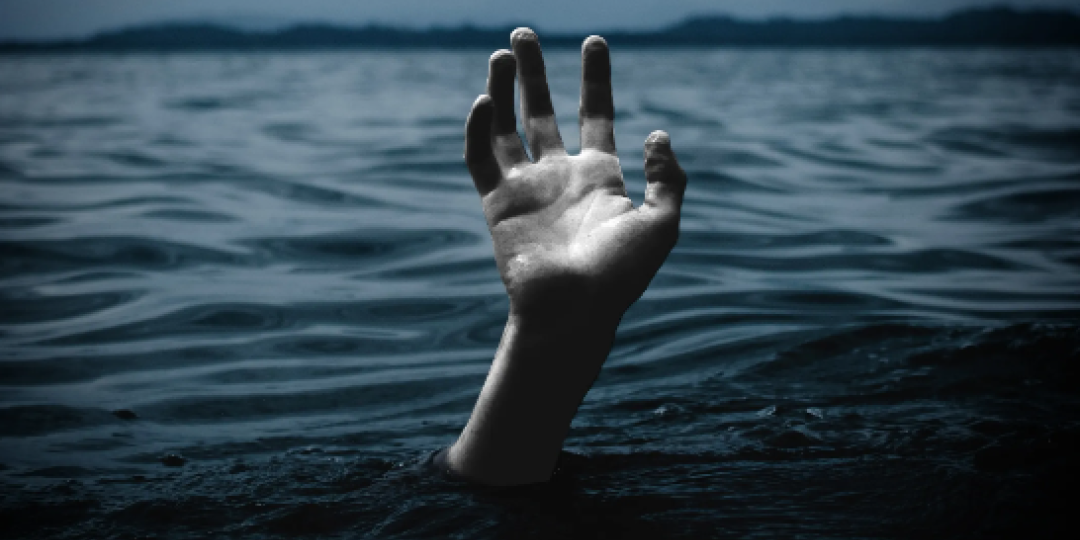Punishing interest rates, a fuel price well above affordability levels, and a related rise in living expenses are putting the squeeze on South African consumers, affecting their quality of life as anxiety and depression overwhelm them on a debt spiral into darkness.
Interviewed on 702 earlier this week, psychotherapist Diane Salters said it was alarming to note what people had said in a Debt Busters survey last month in which about 10 000 respondents answered questions about the impact of debt on life at home, work and their health.
“It was very concerning to see the number of people who are under severe financial stress,” said Salters, who also works as a transactional analyst, running an outfit called TA Transformations.
She said it was particularly prevalent among women.
“What I found most worrying is that they were not seeking help, although they were in considerable levels of distress.
“Some were doing the best they could to climb this mountain of debt but they were not getting anywhere and were also not seeking help from debt counsellors.”
It included not seeking help from counsellors and mental health practitioners, despite alarming levels of depression and suicidal thoughts filling the void of consumers not seeing any way out of debt.
Reacting to a remark that “debt is a secret no one wants to share”, Salters said: “Shame causes people to hide and withdraw, not talking about their problems, which is exactly what they should do.”
She said this was especially the case in being open and honest with credit providers, particularly in view of possibly reconfiguring debt repayment arrangements,
Although Salters said it had become obvious in the Debt Busters survey how many women weren’t seeking help when they should, men appeared to be suffering the most under the ‘shame of debt’ and the silence that ensued.
She said it had something to do with the gender conditioning of men and that women were far more likely to seek help.
“It is extremely distressing to see what people are going through,” Salters said.
There was a real sense of powerlessness among people, she added.
“A lot of people just give up. For many, the only answer is adapting to a change in living standards.”













